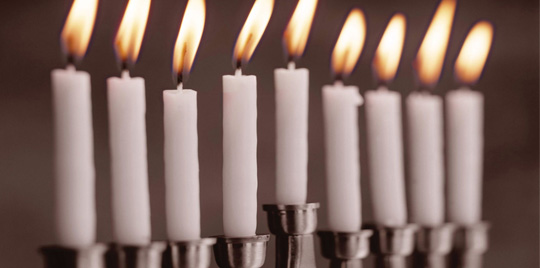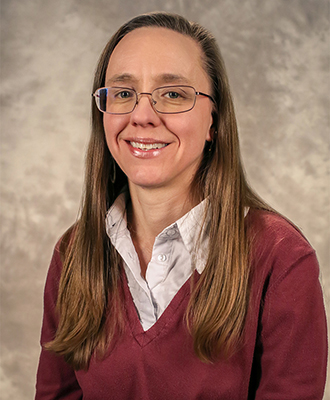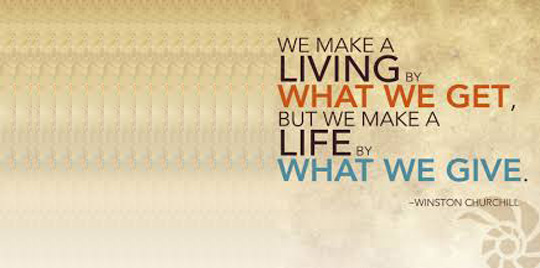
While many or most of us have some familiarity with the Jewish feast of Hanukkah, I find lots of misunderstanding about it among people in general. For instance, you hear it described as “the Jewish Christmas.” That is unfortunate because it has nothing to do with Christmas at all. It often occurs around the same time of year but that’s merely a coincidence. And this year, for example, Hanukkah is observed almost a month before Christmas. So, for anyone who is interested in knowing a little more about Hanukkah, I thought I would provide some brief background information.
Hanukkah is an annual feast of celebration commemorating a miraculous event in Jewish history. What we now know as the land of Israel was once in the hands of Alexander the Great and his immediate successors. One of these early Greek rulers was particularly oppressive – he massacred Jews, prohibited the practice of their religion, and then publicly defiled their sacred temple in Jerusalem. Jews living under these intolerable conditions finally rose up in armed revolt about 160 years before the birth of Jesus. The revolt succeeded and Jews immediately set about purifying and rededicating the temple. But there wasn’t enough oil to keep temple lamps burning for more than one day, not nearly enough time to complete the rededication ceremonies. To everyone’s great surprise, though, the little bit of oil they had on hand actually lasted a full eight days.
Jews today still honor this “miracle” by way of their Hanukkah festivities. They light candles in a special candelabrum called a Menorah – eight candles in all, one for each day of the feast; they eat fried foods because of the significance of oil for this particular holiday; and they play amusing games with one another, like spinning the traditional dreidel. The dreidel is nothing more than a simple “top” with four flat sides. Each side of the dreidel bears a different letter of the Hebrew alphabet. Together, the four letters represent the words “a great miracle happened here.”
While Hanukkah is often observed around Christmas time – and some great Jewish rabbis over the years have related it to the winter solstice – the actual dates of the Jewish feast are based on an ancient lunar calendar which is seldom “in sync” with modern civil calendars. In 2013, Hanukkah occurs from sunset on November 27 through nightfall on December 5.
If you would like more information, please contact one of our chaplains. If you would like a great recipe for “latkes” – fried potato pancakes – we have that too.



